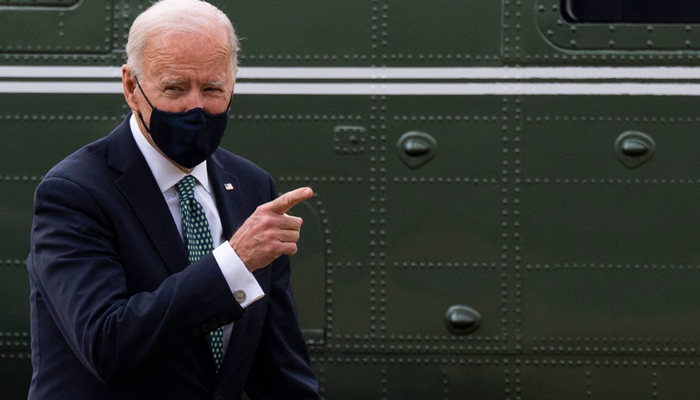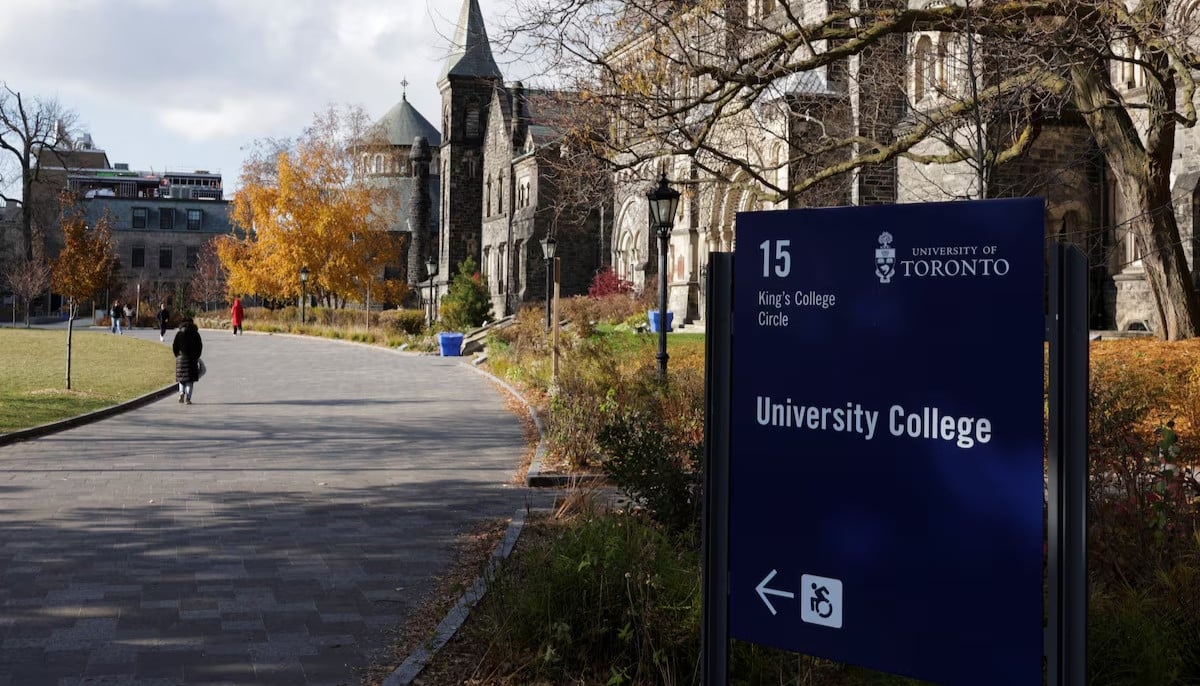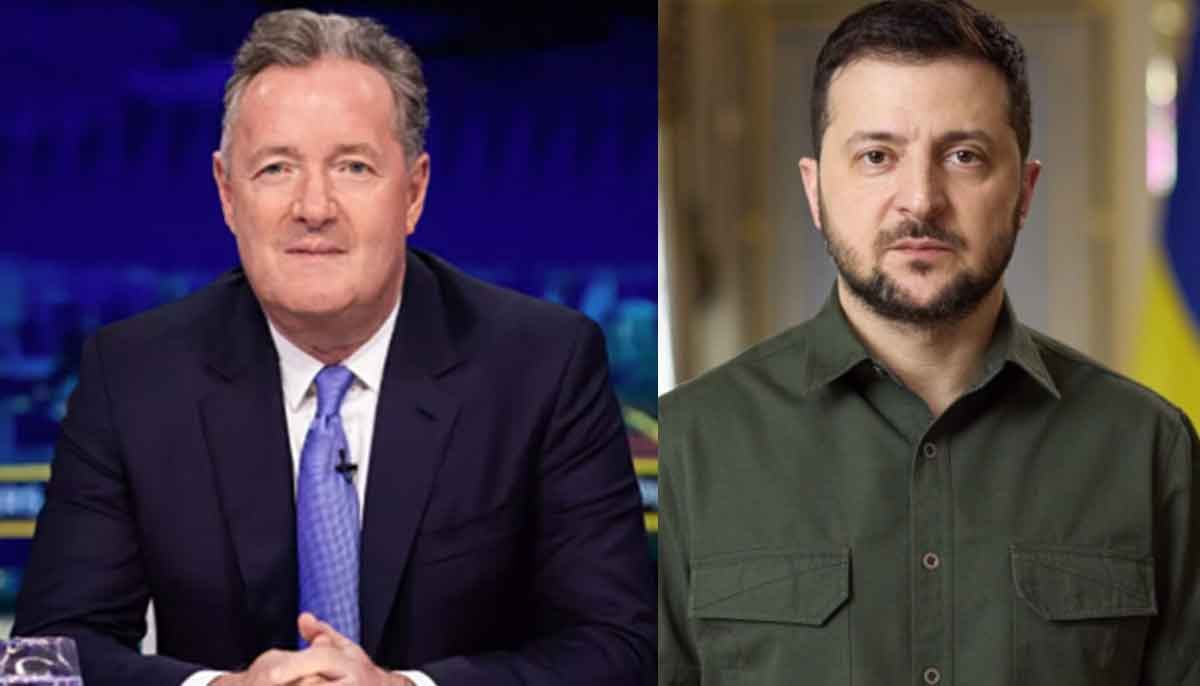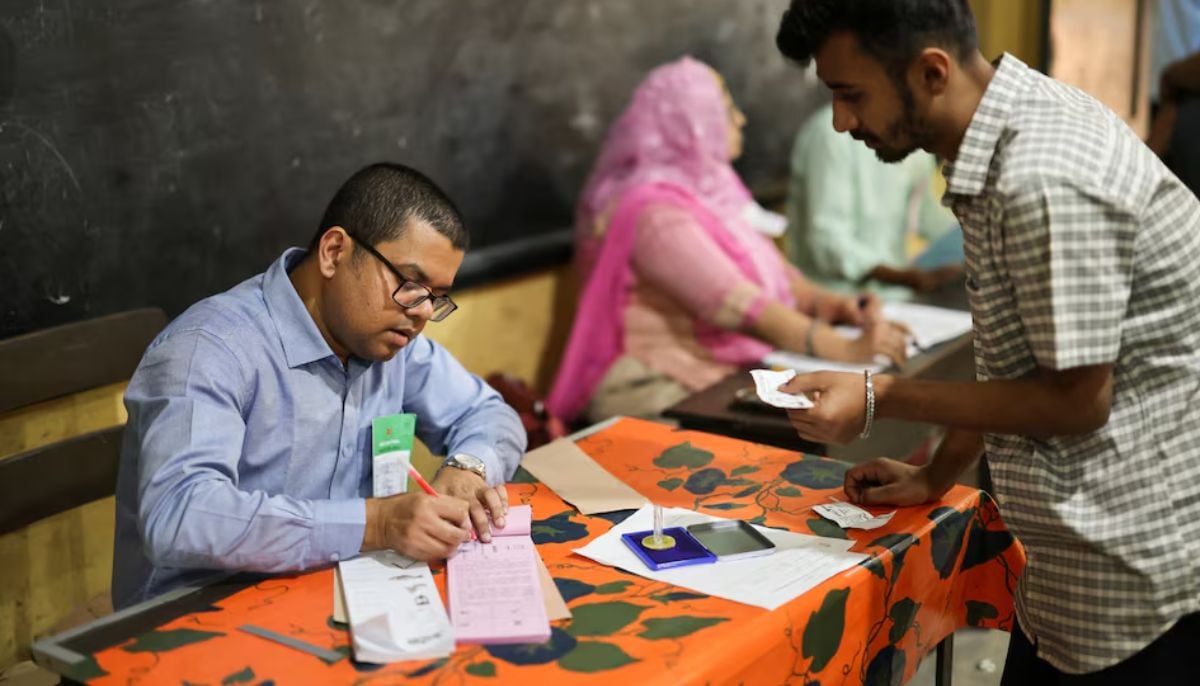Joe Biden warns US may miss May 1 deadline to exit Afghanistan
"Could happen, but it is tough," Biden says when asked about the May 1 deadline
US President Joe Biden said Wednesday it would be "tough" to meet the deadline to withdraw American troops from Afghanistan by May 1 — as agreed with the Taliban in a deal secured under Donald Trump.
The Taliban have largely stuck to a promise not to attack US or other foreign troops since the agreement was struck in February last year, but they say the date to end America's longest war is inflexible.
"Could happen, but it is tough," Biden said when asked about the May 1 deadline in a TV interview broadcast. "I'm in the process of making that decision now."
The Taliban quickly reacted to Biden's comments, with a spokesman telling AFP there would be "consequences" if the United States did not stick to the agreed timetable — further raising pressure on the fragile peace process.
Biden also took a direct swipe at Trump's Afghanistan policy, saying it "was not a very solidly negotiated deal" that the then-president oversaw.
"The failure to have an orderly transition from the Trump presidency to my presidency... has cost me time and consequences. That's one of the issues we're talking about now, in terms of Afghanistan," he added.
The United States is supposed to pull out all its troops by May 1 in an agreement that saw the Taliban agree to peace talks with the Afghan administration of President Ashraf Ghani.
Taliban power-sharing?
The Taliban also vowed not to allow territory to be used by "terrorists" — the original goal of the US invasion following the September 11, 2001 attacks.
But the supposed peace talks held in Qatar since September have made little progress.
Washington wants to jump-start the process and get the Taliban and Afghan government to agree to some form of power-sharing.
Major urban centers in Afghanistan are in the grip of a worsening terror campaign in the form of deadly attacks targeting politicians, civil servants, academics, rights activists and journalists.
The Taliban deny all responsibility but the government says they are to blame — either directly, or by using proxies.
As the May deadline looms closer, Russia on Thursday hosted a conference that drew high-level delegations from the Taliban and Afghan government — as well from the United States, Pakistan and China.
At the talks, the insurgents are led by the Taliban's co-founder and deputy leader Mullah Abdul Ghani Baradar, while the Afghan government side is headed by former chief executive Abdullah Abdullah.
Pakistan, which holds the most outside influence over the Taliban, is represented by veteran diplomat Mohammed Sadiq, while the US sent long-time Afghan envoy Zalmy Khalizaid.
Analysts suggest a face-saving compromise on the US withdrawal could be hashed out, with Washington saying it has met its obligations while leaving some US experts attached to Afghan forces in advisory roles.
A complete exit of US troops — given the vital air cover provided to Afghan ground forces — would further loosen Kabul's tenuous grip on the countryside.
Trump, who dubbed the conflict America's "endless war," cut troop numbers during his final days in office to 2,500 — their lowest figure since the start of operations 20 years ago.
Afghanistan has been engulfed by a two-decade insurgency by the Taliban since the militants were ousted by a US-led invasion in 2001 for harboring the Al-Qaeda terror network.
-
Savannah Guthrie shares sweet childhood video with missing mom Nancy: Watch
-
Piers Morgan praised by Ukrainian President over 'principled stance' on Winter Olympics controversy
-
Halsey's fiance Avan Jogia shares rare update on wedding planning
-
Las Vegas father shoots daughter's boyfriend, then calls police himself
-
'Fake' sexual assault report lands Kentucky teen in court
-
Woman arrested months after allegedly staging husband’s murder as suicide
-
Bangladesh sees high turnout in landmark national election
-
Lufthansa cancels hundreds of flights amid pilot and cabin crew strike












